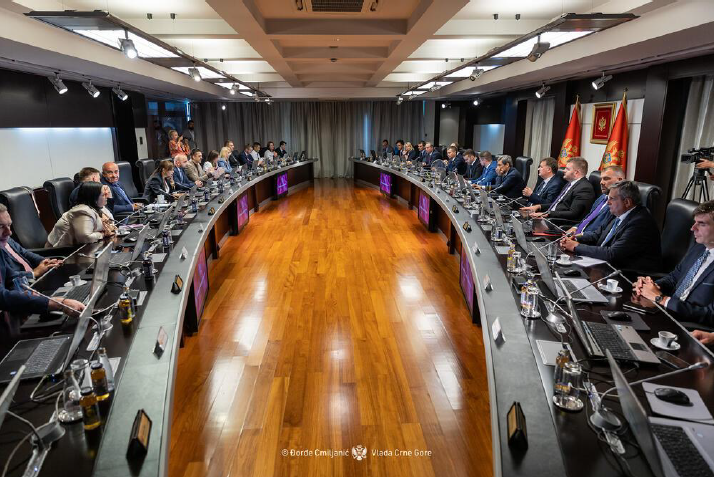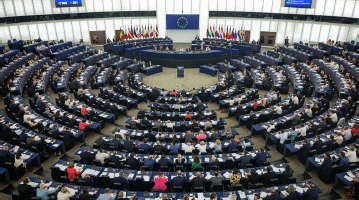ince October 2023, the current Government of Montenegro has yet to appoint the National Council for Sustainable Development, which negatively affects the preparedness of Montenegrin institutions to implement the country’s sustainable development goals.
This is the conclusion of the State Audit Institution (DRI), which conducted a follow-up review on the implementation of recommendations made in the performance audit report titled “Preparedness of Montenegrin Institutions for the Implementation of the Sustainable Development Goals from the 2030 Agenda.”
The DRI states that out of 14 total recommendations, five have been implemented, three have not, four were partially fulfilled, and two are in the process of being implemented.
The National Council for Sustainable Development is an advisory body that provides recommendations and expert opinions to the Government to help align policies and development projects with sustainable development principles. It also ensures that sectoral strategies are in harmony with sustainability policies, gives feedback on national reports that Montenegro must submit under various international conventions, and monitors progress toward the UN 2030 Agenda for Sustainable Development, the EU Green Deal, the EU Climate Package, the Green Agenda for the Western Balkans, and other relevant frameworks.
The DRI recommended that all relevant bodies the National Council for Sustainable Development, the General Secretariat of the Government, the Statistical Office, and the Ministry of Ecology, Spatial Planning and Urbanism submit updated reports by May 13 of next year for those recommendations still pending.
The DRI leadership board, consisting of Branislav Radulović and Milan Dabović, noted in its 2023 audit report that Montenegro remains insufficiently prepared for effective implementation of sustainable development goals.
The 2030 Agenda for Sustainable Development, adopted by the United Nations in 2015, outlines 17 Sustainable Development Goals (SDGs) that serve as a global blueprint for achieving sustainability across various sectors by the year 2030.
Montenegro adopted its National Sustainable Development Strategy (NSDS) 2030 in 2016, which fully integrates the UN’s 2030 Agenda into its national framework. However, actual progress has been slow.
The SDG Index measures the overall performance of each country in fulfilling these 17 goals. According to the 2022 SDG Index, Montenegro ranked 86th globally, making it the lowest-ranked European country. However, due to government efforts (notably from the Office for Sustainable Development, with support from UNDP and the UN) in 2022 and 2023, Montenegro climbed 19 places, reaching 67th position in the 2023 SDG report.
The audit further emphasizes that in order to make real progress, Montenegro must strengthen its legal and strategic frameworks and enhance the capacity of responsible institutions particularly the Statistical Office, which plays a key role in tracking the progress of SDG indicators.
It is also essential to align sectoral strategies and associated action plans with the National Strategy for Sustainable Development 2030. This includes clearly defining the responsibilities and obligations of all involved institutions.
Montenegro’s delay in appointing the National Council for Sustainable Development is more than just a bureaucratic lapse it reflects a deeper systemic issue of weak institutional commitment to long-term planning and sustainability. The fact that the country was ranked the lowest among European nations in the 2022 SDG Index should have served as a serious wake-up call. While the 2023 improvement is notable, it risks being short-lived if not supported by structural changes and consistent policy enforcement.
The sustainable development agenda is not just a checkbox exercise for EU accession or international image it’s a comprehensive commitment to improving quality of life, protecting natural resources, and fostering economic resilience. Failure to meet these goals is not a technical issue; it’s a political one. If Montenegro’s leadership genuinely values the welfare of future generations and seeks credibility on the international stage, it must stop treating sustainability as an afterthought and start building institutions that can deliver on their promises.
Written by our correspondent A.A.



